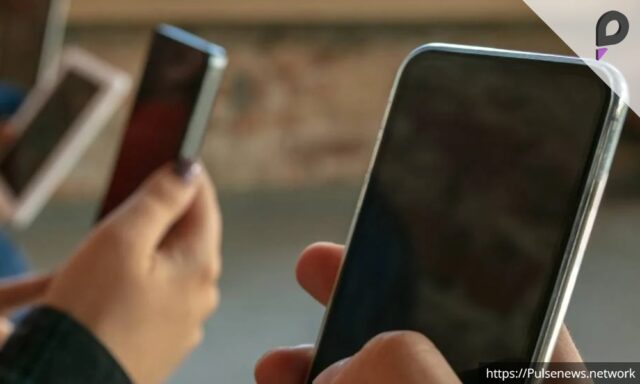Brasília: President Luiz Inácio Lula da Silva signed a bill limiting smartphone use in elementary and high schools nationwide. The law, effective February, allows smartphones only for emergencies, educational purposes, or as accommodations for disabilities. This aligns Brazil with global trends addressing digital distractions in education.
Education Minister Camilo Santana stated the restrictions aim to protect children from the challenges of early online exposure. He emphasized that smartphones in classrooms should be for pedagogical purposes and under teacher supervision.
Broad Political and Public Support
The legislation received bipartisan backing, supported by allies of President Lula and former President Jair Bolsonaro. According to an October Datafolha survey, two-thirds of Brazilians support banning smartphones in schools. Over three-quarters believe such devices harm children more than they help.
Many parents welcomed the move, seeing it as a way to enhance focus and interaction among students. “It’s tough but necessary,” said Ricardo Ramos, a Rio de Janeiro resident and father. His teenage daughter, Isabela, admitted smartphones often disrupt concentration during class.
Challenges in Implementation
While some states like Rio de Janeiro and Maranhão already have smartphone bans, enforcing such policies has proven difficult. São Paulo, Brazil’s largest state, is debating similar measures for both public and private schools.
As of 2023, two-thirds of Brazilian schools impose restrictions, and 28% enforce complete bans, according to the Brazilian Internet Steering Committee. Advocates believe federal legislation could streamline enforcement nationwide.
Growing Concerns About Smartphone Impact
Globally, smartphone restrictions in schools are gaining momentum. Countries like China and France have implemented bans, while eight U.S. states have enacted similar measures. These policies aim to address issues like distraction, bullying, anxiety, and loss of concentration linked to smartphone use.
UNESCO reports one in four countries now restricts smartphones in schools to safeguard education quality and children’s well-being. Many parents express concerns about the devices’ effects on mental health and social development.
Brazil’s legislation reflects mounting awareness of the challenges posed by unchecked smartphone usage. It also highlights the need for broader solutions to improve classroom environments and support holistic student development.











